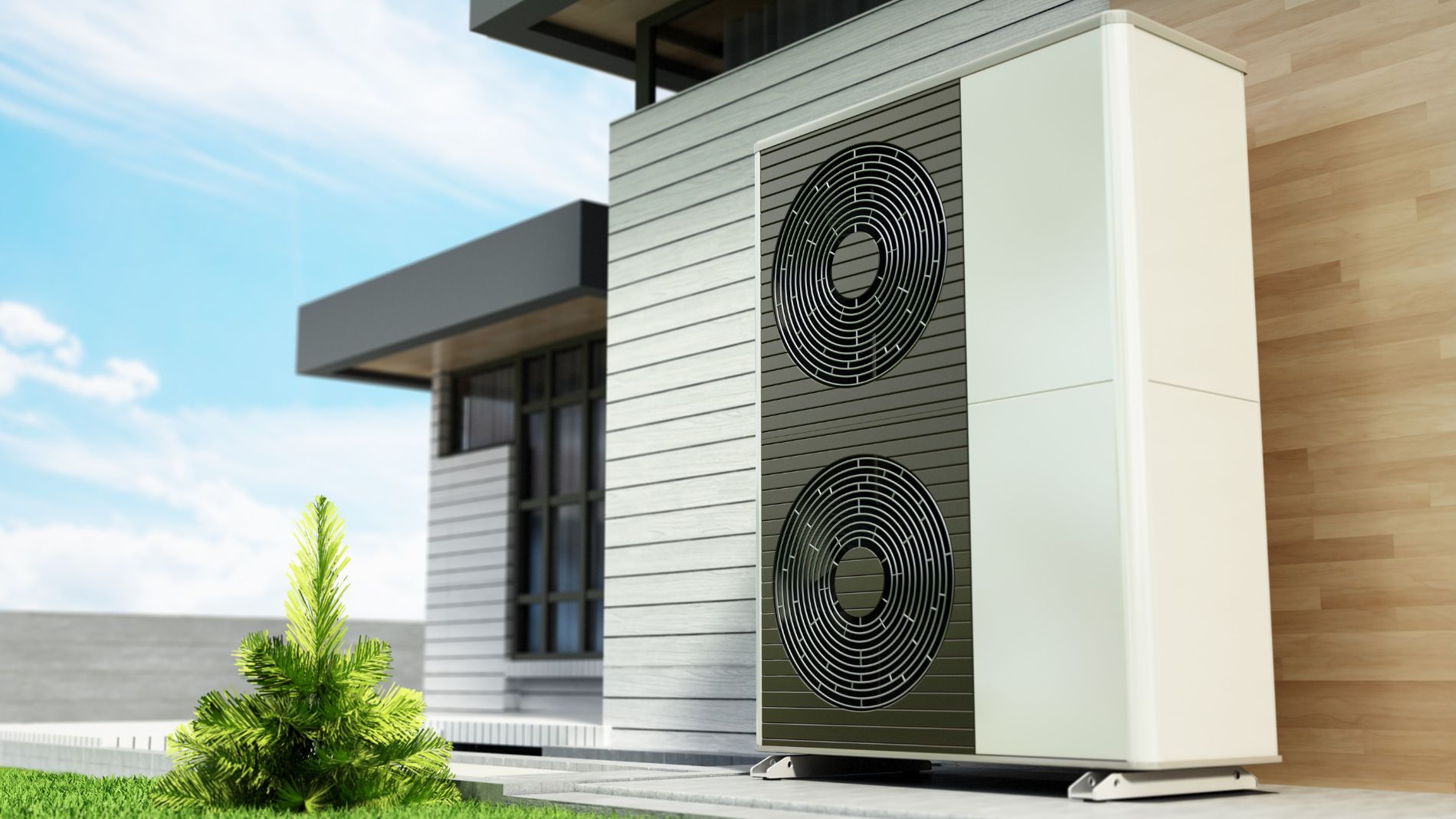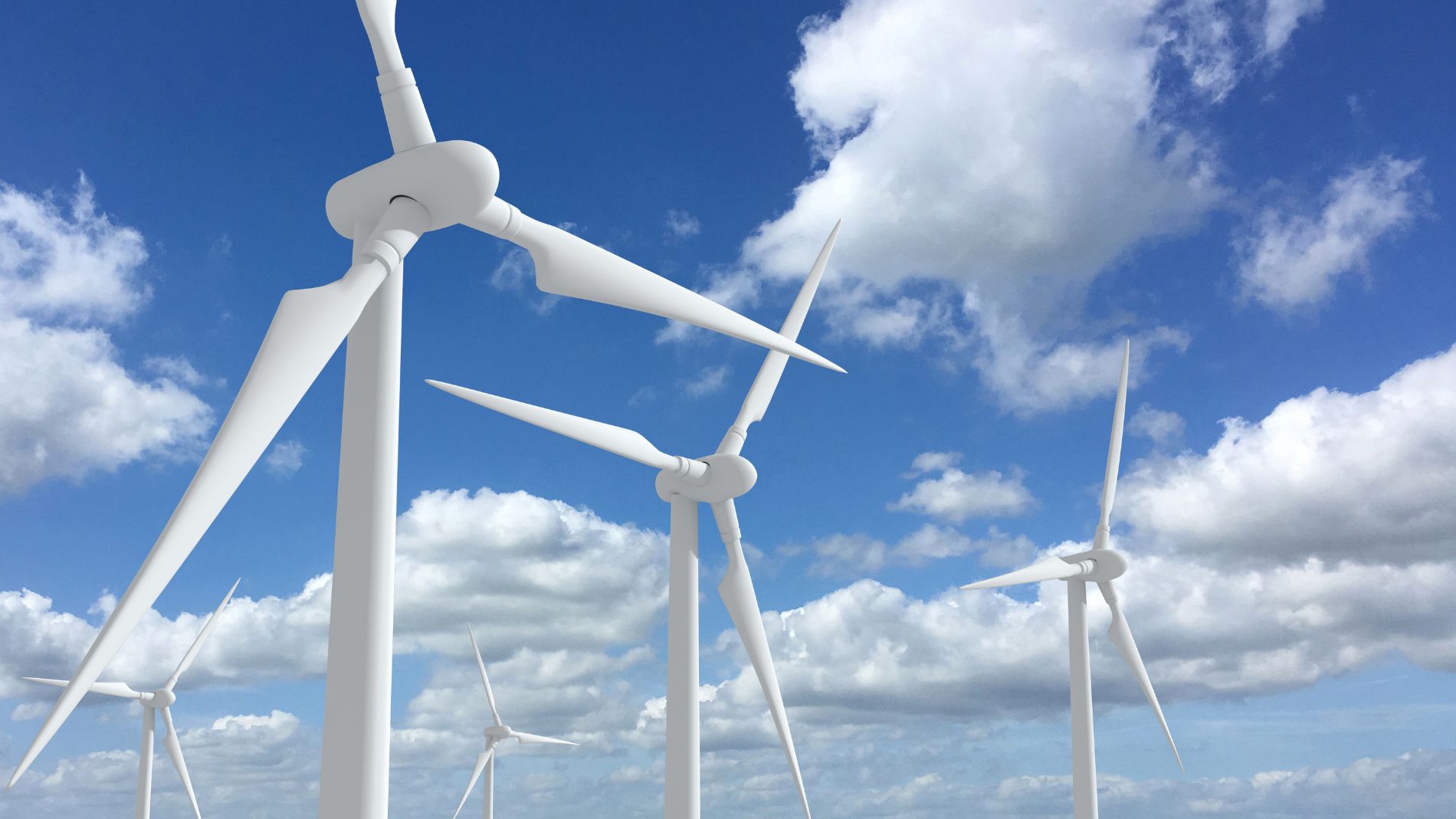Electric heating systems represent a significant step toward sustainable building heating, thanks to their high energy efficiency compared to fossil fuel-based systems. When combined with renewable energy sources, electric heating solutions can operate without generating CO2 emissions, contributing substantially to the attainment of global climate targets.
Reading time: 3 minutes
Electric-Powered Heat Generation: A Focus on Cutting-Edge Innovations

Electric heating systems are increasingly compatible with smart grid technology and facilitate energy independence when paired with renewable sources. Innovations in electric heat production showcase significant energy efficiency; minimal energy loss occurs during the conversion of electricity to heat, ensuring more efficient energy use and minimizing waste.
- Electric Underfloor Heating: Among sustainable heating systems, electric underfloor heating stands out. Embedded heating grids in floors, walls, or even ceilings use electricity with up to 99% efficiency. This system is notable for its cost-effective installation and low maintenance requirements.
- Infrared Heaters: With nearly 100% energy conversion efficiency, infrared heaters are another promising technology. These systems utilize electromagnetic waves to heat objects and surrounding air, eliminating CO2 emissions and offering an allergen-friendly solution.
- Heat Pumps: Particularly popular are heat pumps, such as geothermal or ground-source heat pumps, which extract thermal energy from the earth and transfer it indoors. These systems can reduce energy consumption by up to 50% compared to traditional heating systems and are known for their low maintenance.
Challenges and Solutions for Integrating Electric Heating in Existing and New Buildings
The integration of electric heating systems in both new constructions and retrofitting existing buildings comes with challenges that require innovative solutions. High initial installation costs and the need for substantial insulation to optimize efficiency are among the primary concerns. Proper insulation ensures that heat generated is retained effectively, maximizing the benefits of electric heating systems. Advanced materials such as recycled insulation and biogenic composites help enhance the thermal performance of buildings while aligning with global sustainability goals.
Incorporating electric heating technology in older buildings often involves strategic retrofitting. This process can include installing radiant heating panels or underfloor heating systems, which are relatively simple to install and provide uniform heat distribution. Coupled with energy management systems that allow for real-time monitoring and control, buildings can achieve optimized energy use and reduced operating costs. This modern approach also positions building operators to meet international energy standards and contribute to climate goals.
Smart Energy Management: Enhancing Efficiency through Technology
A significant factor in the effectiveness of electric heating systems is the integration with smart energy management technology. Systems equipped with Internet of Things (IoT) capabilities and energy management platforms enable building operators to monitor and control heating, cooling, and ventilation, thus optimizing energy use. These systems help identify peak usage times and suggest adjustments to align energy consumption with periods of renewable energy availability, further reducing dependence on grid power and promoting sustainability.
Innovative Storage Solutions for Sustainable Heating
To maximize the benefits of renewable energy sources, efficient energy storage solutions are crucial. Technologies such as thermal batteries, advanced lithium-ion systems, and hydrogen-based storage are being developed and increasingly adopted. These storage solutions ensure that surplus energy generated from renewable sources can be stored and used when needed, promoting a continuous supply of clean energy. The use of such systems enhances the capability of electric heating solutions to operate independently of traditional energy grids, contributing to lower emissions and a more resilient energy infrastructure.
Economic and Environmental Benefits of Electric Heating Systems

The implementation of electric heating systems offers both economic and environmental advantages. Although the initial investment may be higher compared to conventional heating systems, the long-term savings in operational costs and the environmental benefits make them an attractive solution. The reduction in CO2 emissions and the ability to harness renewable energy lead to compliance with international climate agreements and sustainability standards.
Paving the Way for a Sustainable Future
Electric heating technology, supported by renewable energy integration and smart energy management systems, is essential for the future of sustainable building heating. With advancements in insulation, storage solutions, and IoT-enabled management, electric heating offers an effective and eco-friendly alternative to fossil-fuel-based systems. The continued development and adoption of these technologies will drive the global shift towards energy-efficient and carbon-neutral buildings, aligning with international efforts to combat climate change.





